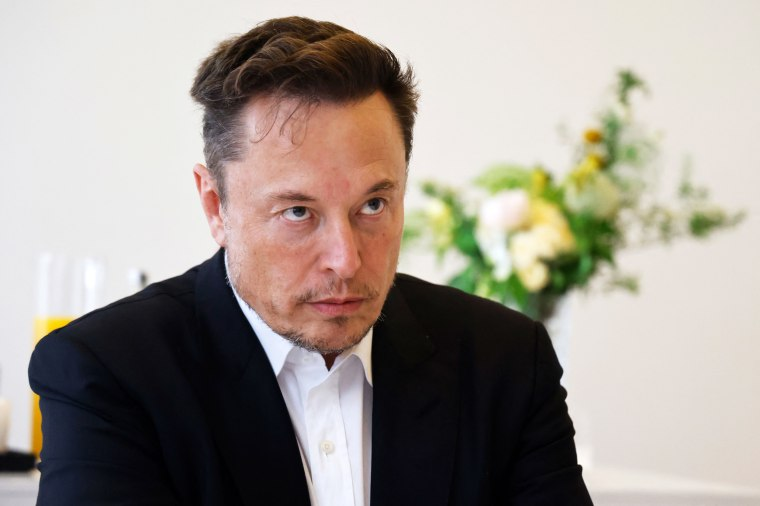Elon Musk’s outspoken criticism of President Donald Trump’s “One Big Beautiful Bill Act” is underscored by a direct personal and business interest: the bill’s provisions that eliminate a $7,500 tax credit for electric vehicles and impose a $250 annual registration fee for EV owners. These measures directly impact Tesla, Musk’s company, which has already seen a dramatic 71% drop in first-quarter profits.
Musk told CBS that the “massive spending bill” not only increases the budget deficit but also “undermines the work that the Doge team is doing,” referring to his past efforts to cut government spending. While he had previously called for an end to EV incentives, that was months before Tesla’s earnings began to wobble. The timing of this new legislation, coupled with Tesla’s recent financial struggles, adds a sharp business dimension to his public dissent.
The elimination of these incentives could significantly impact consumer demand for electric vehicles, directly affecting Tesla’s sales and market share. This financial pressure, combined with Musk’s broader concerns about fiscal responsibility, paints a comprehensive picture of why the billionaire is now a vocal critic of the Trump administration’s key legislative effort. His opposition is not purely ideological but also strategically linked to his company’s well-being.

